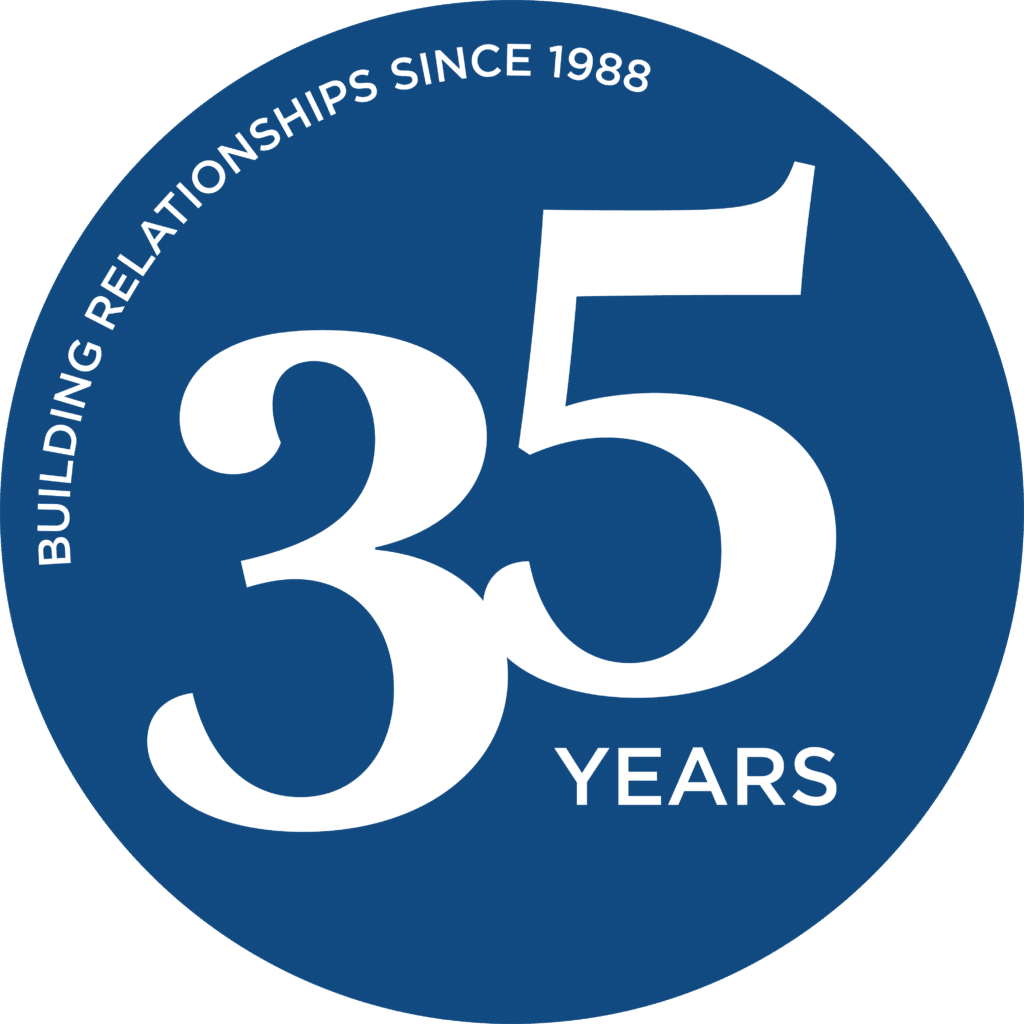If you’ve spent any time working in corporate America, you’ve seen the good, bad, and ugly of professional branding.
The Good: The rising star who seems to have it all together. Barring any big missteps, this person will go places.
The Bad: The person who does everything well, but never gets noticed. Unfortunately, this person will likely be left feeling unappreciated.
The Ugly: The person who has no substance but has everyone above them fooled. These people usually get figured out eventually.
One thing the Good and Ugly have in common is that they put effort into building their brand. They know how building a powerful brand can propel their careers; and more importantly, they know how to get it done. So this post is dedicated to all of you who work your tails off every day, but struggle to establish your brand.
Before I go any further, let me clarify by saying the term “build your brand” is a bit of a misnomer. It implies that there is some finality to the work. In reality, personal branding is a never ending exercise… it’s something that you must always work on and be keenly aware of the things that can affect it.
In the “real” world, brands rise and fall. With the 24-hour news cycle, social media, and the access to endless amounts of “fake news”, we have seen personal brands rise and fall like a newborn giraffe learning to stand.
For the purposes on this post, let’s look at someone, who nearly everyone would agree, has a strong brand…. Dr. Martin Luther King, Jr. If you were describing MLK to someone who didn’t know who he was, how would you describe him?
You’d likely say things like, he was a fighter for civil rights, a hero, brave, resolute in his convictions, a great orator.
But how did this reputation, or brand, form? Dr. King’s personal brand wasn’t defined simply because he said it was so. He never proclaimed himself to be a great orator or someone resolute in his convictions. He developed his reputation through his actions. In every speech he gave, in every march he led, and in every life he touched, he exemplified these traits.
You don’t have to be MLK nor do you need to change the world to have a strong personal brand, but you need to back up your brand through your actions every day and in everything you do. Let’s shift this to the workplace. Take a moment and think about someone that you work with whom you think has a strong brand.
This person may have a reputation for doing something well or they could exude strong leadership qualities. People who consistently demonstrate certain traits by their actions get a reputation. When your management team needs someone to do X (you fill in the blank) they go to so and so. Conversely, if someone has a negative brand, they are never tapped. A negative brand, or no brand for that matter, can be career limiting.
The truth is that your brand is being developed whether you like it or not. If you aren’t driving the bus, someone else is. But, you can’t stand on your desk and shout to your coworkers that you’re awesome. It doesn’t work that way. But there are things you can do to help gain more control over the narrative. If this were an easy thing to do, everyone would do it. It isn’t easy, it takes effort.
Whether you work for a small firm or a multinational conglomerate… or work for yourself, you are constantly meeting AND competing with a lot of smart and driven individuals.
Regardless of your situation, identifying your UNIQUENESS is important to your success. And, the way you go about this is different for all of us — there isn’t a one size fits all solution. So, as you create a plan for yourself there are a few things to consider.
Be confident but self-aware
There is one simple question you need to ask yourself. “What is the image I want to portray versus how am I actually perceived?”
Understanding the narrative around your brand is critical at creating a roadmap for yourself. You need to know if there is a mismatch between your belief and the perceptions of others. The best and fastest way to do this is to talk to people you can trust to be perfectly honest with you. It can be hard to hear that our brand isn’t what we want, so I urge you to keep an open mind. Confidence is good, but hubris can cloud reality and cause you to get defensive.
Failure doesn’t define you.
A big part of how you are perceived by others is not how you behave when things are going well, but rather how you carry yourself when faced with adversity.
This was a lesson I learned early in my career. I was pulled into my director’s office after a project I was leading went very badly. I was crushed and feeling completely incompetent. My director said to me, “look Mark, in six months, people aren’t going to remember this project, but they will certainly judge your response. This is your chance to demonstrate your leadership ability… or not”
Think about one of your projects or an interaction that didn’t go well, how did you respond? What did you do next? What was the optic?
You, Inc.
Your personal brand is like a stock. If investors are confident in the products and services you offer – if you back up your brand – your stock price will rise. People will seek you out and it will build and your brand will pay dividends.
But having a great product is only part of the equation. You may have the greatest widget in the world, but if no one knows about it, you aren’t going to sell much. You need an advertising channel for communicating your brand. That’s where your network comes in.
Your network is WHO you know; your reputation is WHO KNOWS YOU.
Every organization is the same in that people who have strong networks tend to be more successful. But, people who have strong advocates in their network tend to be the most successful. Your network is your advertising channel…. A conduit for communicating and endorsing your brand. When you have strong advocates in your network they become your promoters. So it is important to make connections with people and cultivate relationships.
Mark Saddic
Senior Talent Development Consultant
CCI Consulting


